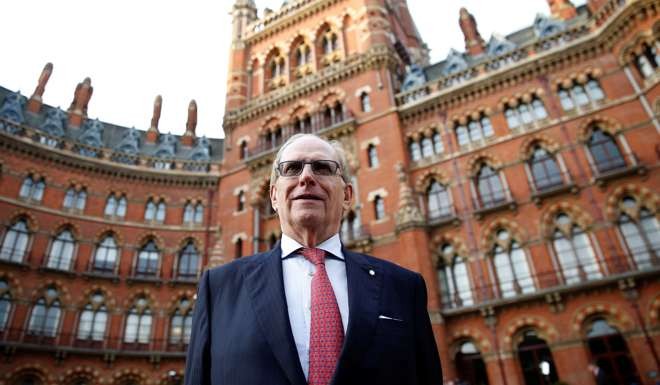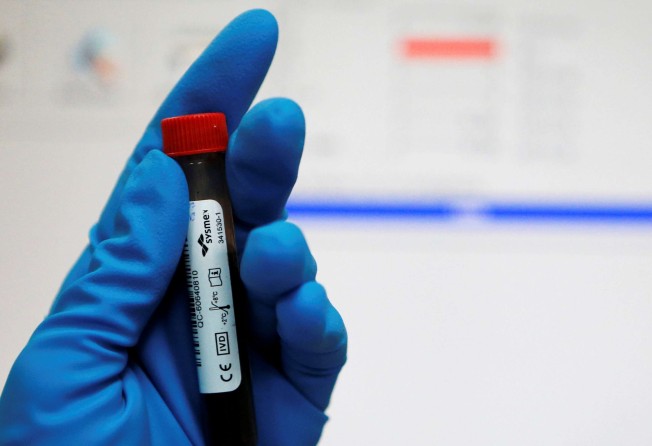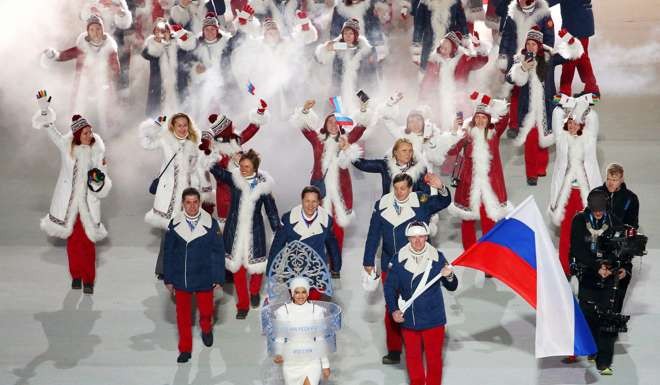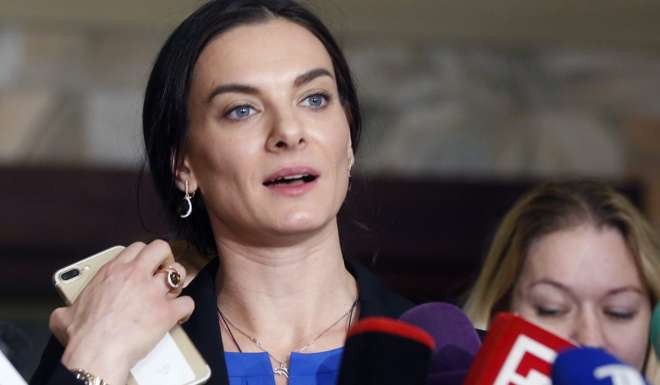
More than 1,000 Russian athletes involved in doping conspiracy
Independent Wada report details elaborate methods to bypass and cover up drug tests, including switching urine samples and adding salt and coffee to try to fool officials

More than 1,000 Russian competitors across more than 30 sports were involved in an institutional conspiracy to conceal positive doping tests as Moscow “hijacked international sport”, an independent Wada report said on Friday.
The second and final part of the report for the World Anti-Doping Agency by Canadian sports lawyer Richard McLaren provided exhaustive evidence of an elaborate state-sponsored doping scheme operated by Russia’s Sports Ministry.
It included switching and changing samples by opening “tamper-proof” bottles – using a method devised by the Russian secret service – and numerous other methods to bypass and cover up drugs tests.

“It was a cover-up of an unprecedented scale and this report shows the evidence that increases the number of athletes involved, as well as the scope of the conspiracy.
“We have evidence revealing that more than 500 positive results were reported as negative, including well-known and elite-level athletes and medal winners, who had their positive results automatically falsified.
“Over 1,000 athletes competing in Summer, Winter and Paralympic sport can be identified as being involved in or benefiting from manipulations to conceal positive tests.”
In reaction, the International Olympic Committee (IOC) announced it would reanalyse all 254 urine samples taken from Russian athletes who took part in the 2014 Sochi Winter Olympics.

But Russia showed no sign of accepting the report’s conclusions.
The Sports Ministry said it would study the Wada report and cooperate fully with anti-doping bodies, but “denies that any government programmes exists to support doping in sport”.
Athletics chief Dmitry Shlyakhtin declined to comment directly on the report because he said he had not seen it. He conceded that Russian athletics’ problems “did not start yesterday”, but said it had now fulfilled all the demands made of it.
The IOC on Wednesday extended provisional sanctions against Russian sport over the scandal, and an international ban on its track and field athletes remains in force pending a reform of its anti-doping programme.
Yelena Isinbayeva, double Olympic pole vault champion and newly-elected head of the Russian Anti-Doping Agency supervisory board, said shortly before the report was released: “It is well known to us that many foreign athletes have a history of doping but compete at an international level with no problems.

McLaren accepted that there could be widespread doping elsewhere, though not on the same level as in Russia, the sole focus of his investigation.
McLaren pointed out that Russia had won 24 gold, 26 silver and 32 bronze medals at London 2012 and no Russian athlete had tested positive.
“Yet the Russian team corrupted the London Games on an unprecedented scale, the extent of which will probably never be fully established,” he said.
“For years, international sports competitions have unknowingly been hijacked by the Russians.
Forensic investigations by his team detailed how a bank of clean urine samples was kept in a Moscow laboratory, where salt and coffee were added to try to fool officials testing “B samples” in supposedly tamper-proof bottles.
The report included evidence of DNA mismatches, where a tampered B sample did not match the DNA of previous specimens, and of samples that contained a mixture of male and female urine.
It added that analysis of the samples from four Russians who won gold in Sochi had shown salt readings that were physiologically impossible, while there was evidence that the samples of 12 Russian Sochi medallists had been tampered with.
Friday’s report provided extensive evidence to support the original July report, which said Moscow had concealed hundreds of positive doping tests ahead of the Sochi Winter Games in 2014.